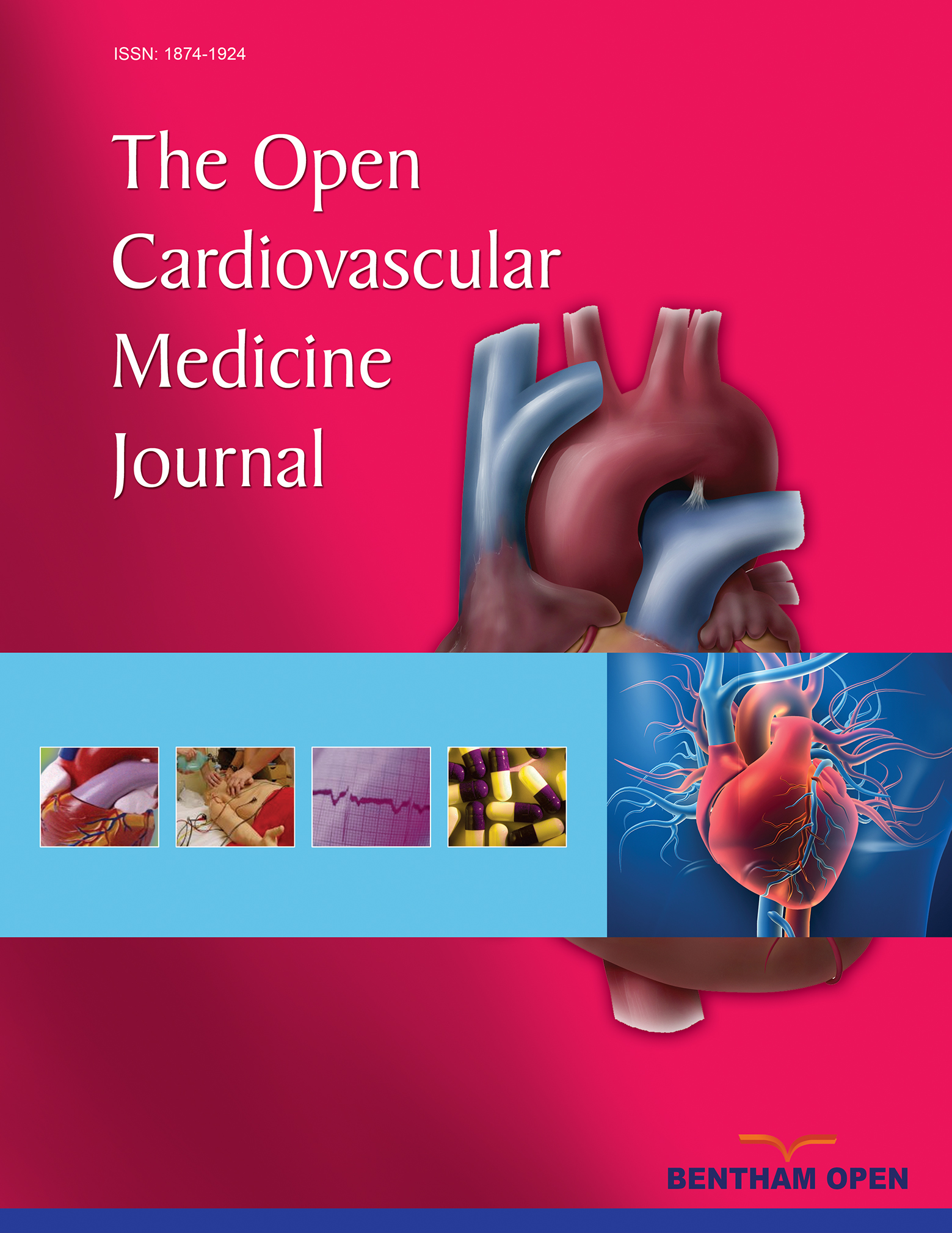All published articles of this journal are available on ScienceDirect.
Expression of Endoplasmic Reticulum Chaperones in Cardiac Development
Abstract
To determine if cardiogenesis causes endoplasmic reticulum stress, we examined chaperone expression. Many cardiac pathologies cause activation of the fetal gene program, and we asked the reverse: could activation of the fetal gene program during development induce endoplasmic reticulum stress/chaperones?
We found stress related chaperones were more abundant in embryonic compared to adult hearts, indicating endoplasmic reticulum stress during normal cardiac development. To determine the degree of stress, we investigated endoplasmic reticulum stress pathways during cardiogenesis. We detected higher levels of ATF6α, caspase 7 and 12 in adult hearts. Thus, during embryonic development, there is large protein synthetic load but there is no endoplasmic reticulum stress. In adult hearts, chaperones are less abundant but there are increased levels of ATF6α and ER stress-activated caspases. Thus, protein synthesis during embryonic development does not seem to be as intense a stress as is required for apoptosis that is found during postnatal remodelling.


